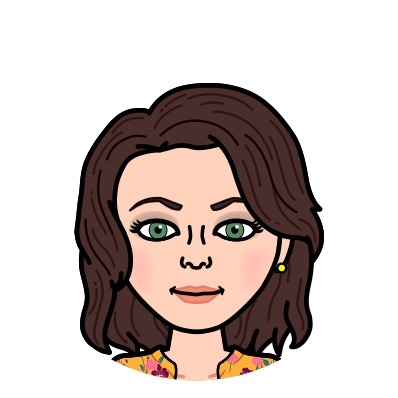CV
Education
- Ph.D in Astrophysics, Vanderbilt University
- M.A. in Astrophysics, Vanderbilt University
- M.S. in Astronomy, San Francisco State University
- B.S. in Astronomy, Stony Brook University
- Nashville Software School Data Science Cohort 2
Professional Experience
- XOi (Nashville, TN)
- Data Scientist: June 2021 – Present
- Developed an automatic speech recognition keyword-spotting model to detect keywords in audio recordings. Leveraged computer vision techniques to train a residual neural network classifier to identify keywords in audio clips. Delivered a lightweight model that runs in real time on-device.
- Developed a method for correcting homophone errors in auto-transcriptions. Trained a Bayesian noisy channel model to learn probabilistic relationships between N-grams in human- and auto- transcribed text. Delivered a transcription correction service to algorithmically revise auto-transcriptions.
- Implemented Python PEP8 coding standards and best practices in project repositories via pre-commit hooks (including Flake8 and Black), virtual environments, docstrings, logging, type hinting, and unit testing.
- Designed labeling systems for crowd-sourced and SME annotation tasks.
- Piloted application of natural language processing techniques to identify nonsense audio transcripts.
- Data Scientist: June 2021 – Present
- XSOLIS (Nashville, TN)
- Data Scientist II: Nov 2020 – June 2021
- Data Scientist I: July 2019 – Nov 2020
- Created topic representations of collections of healthcare documents for use in predictive models.
- Piloted techniques to advance team-wide efforts to efficiently tune topic models.
- Trained an ensemble (LSTM and CNN) deep learning model to predict patient level of care (inpatient/outpatient) from documents and labs and vitals.
- Led efforts to calibrate neural network prediction probabilities for binary classification targets.
- Engineered features and trained an XGBoost model to predict patient discharge time from labs and vitals.
- Developed and deployed a serverless model explanation service to offer prediction insights to stakeholders.
- Vanderbilt University (Nashville, TN)
- Graduate Research Assistant: August 2014 to July 2019
- Applied C/C++ N-body smooth particle hydrodynamics cosmological simulations to study the conditions of black hole formation and black hole demographics in the first billion years of the Universe.
- Developed a computational model for black hole seed formation in cosmological simulations.
- Adapted a semi-analytic model for black hole assembly from literature to a custom-built Python program that tracked the evolution of black hole seeds.
- Awarded 730,500 computing hours on the national supercomputing network XSEDE TACC/Stampede through a competitive grant process ($33k equivalent).
- Published two peer-reviewed articles in The Astrophysical Journal, presented work at national and international conferences, and contributed annually to the writing of academic grant applications.
- Teaching Assistant: August 2014 to May 2017
- Teaching: Led one section per semester of the laboratory component of Vanderbilt’s undergraduate-level introductory astronomy course. This course covered topics including celestial motion, spectroscopy, extrasolar planet detection, stellar photometry, basic telescope operation, and night sky observation.
- Graduate Research Assistant: August 2014 to July 2019
Technical Stack:
- Workflow: git/Github, Docker, Jira, Confluence, VS Code, Jupyter Notebook, LaTeX, Markdown
- AWS: Boto3, EC2, ECS, ECR, S3, Lambda, SNS, SQS, Textract, SageMaker
- Operating systems: Mac OS, Windows, Linux (Amazon Linux, CentOS, Red Hat)
- Machine Learning Libraries: scikit-learn, Keras, TensorFlow (Sequential and Functional APIs), XGBoost, spaCy, NLTK, Gensim
- Programming Languages: Python, R, C, C++, SQL, Bash
- Web APIs: Flask, Waitress
Publications
Talks
Sowing black hole seeds
Talk at Joint Space Initiative, The Physics of Supermassive Black Hole Formation and Feedback, Annapolis, MD
The role of gravitational recoil in the assembly of direct collapse massive black hole seeds
Talk at 1st LISA Astrophysics Working Group Workshop, Institute for Astrophysics, Paris, France
